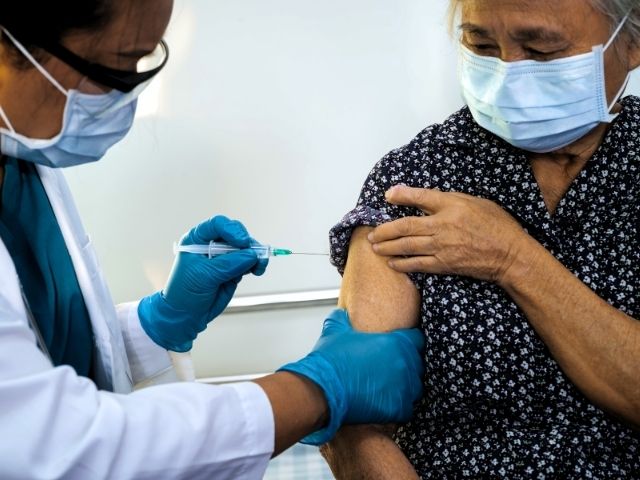Why Patients 65 and Older Should Get the Flu Shot?
This group of patients is at the highest risk for complications from influenza. About half of flu-related hospitalizations and up to 85% of flu-related deaths are in this age group. Getting an annual senior flu shot is critical to prevent complications.
An individual’s protection wanes over time, and each year, the vaccine is developed for the most rampant flu strains. However, research shows that people over age 65 often have weaker immune responses to the vaccine than younger people.
Two factors can hinder an elderly adult’s response to the flu vaccine:
- Pre-existing antibodies from prior flu seasons
- Chronic inflammation from arthritis, diabetes, heart disease, or other underlying health conditions
Both high-dose and adjuvanted flu shots provide elderly adults with better protection against complications from the flu. Compared to standard vaccines, senior flu shots reduce flu-related hospitalizations and deaths.
The flu can cause serious complications that require immediate medical care, including:
- difficulty breathing
- chest or abdominal pain or pressure
- dizziness or confusion
- seizures
- severe pain, weakness, or unsteadiness
- not urinating or other signs of dehydration
- symptoms that get better, then worse again
- worsening chronic medical conditions








